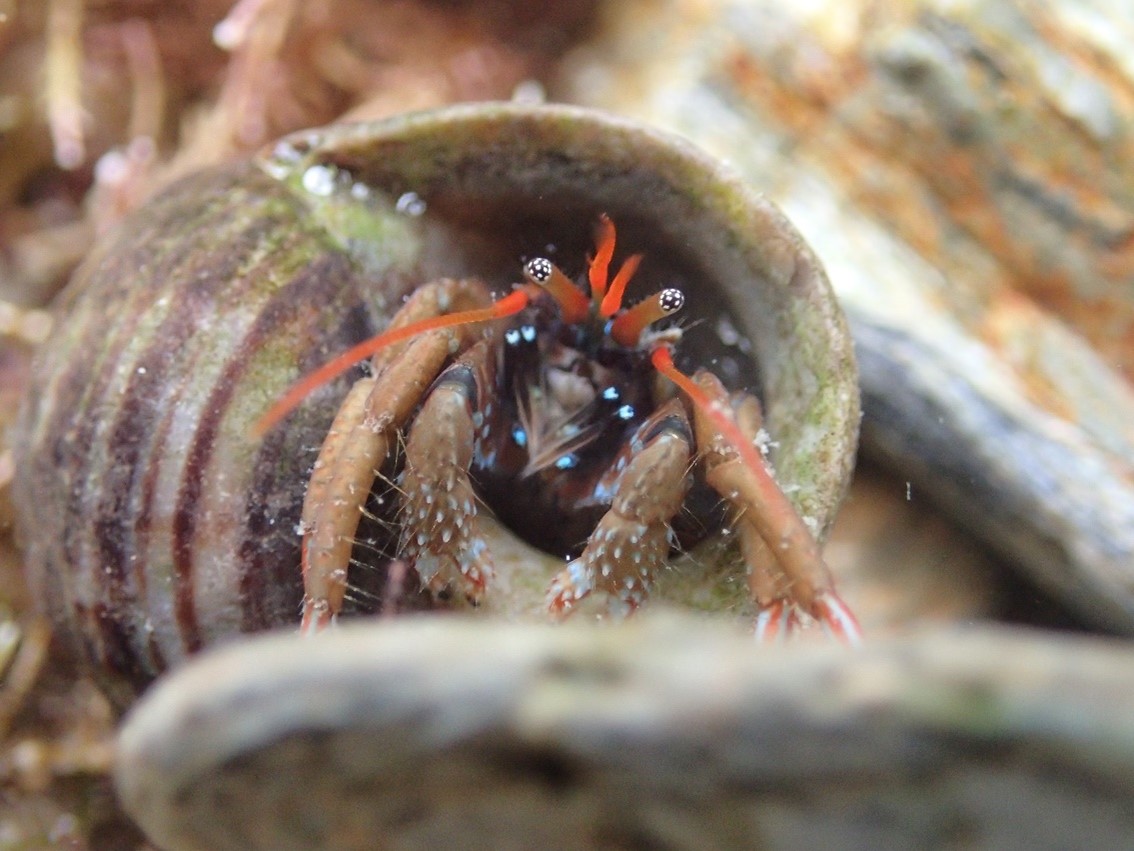We are looking back on some of our BSc graduates who have excelled in scientific research, ecology and conservation around the world since studying with us.
Today we meet Christophe who graduated from BSc Evolutionary Biology in 2018 and is now a PhD student at Durham University
Hi Christophe, It’s only been a few years since you graduated from your BSc, why don’t you tell us a bit about your career in that time that led you to where you are now?
Following my BSc, I stayed at the University of Exeter and studied a Master by Research in Biological Sciences. In the final year of my Master by Research I undertook several PhD interviews and accepted an offer from Durham University. I completed my thesis in September 2020 and started my PhD in October 2020.

That’s fantastic, we are glad you found something so soon after handing in your Masters … what attracted you to study both your BSc and MbyRes at the University of Exeter, Penryn Campus?
Cornwall is an amazing place to live and study, with the sea on your doorstep I was never bored. The town of Falmouth is lively and enriched by the local community and by the students.
The reduction in tuition fees from the University of Exeter Alumni Scholarship greatly helped in the cost of completing a master’s degree. It also allowed me to continue working on my BSc study system; the range expansion of a hermit crab (Clibanarius erythropus) to the southwest UK. The integration of the Masters by Research students into the doctoral collage means there is a wealth of peer support from other MbyRes students and PhD students. Working in an office alongside fellow researchers allowed for easy collaboration with others, from Master students to post-docs.
Do you have any meaningful highlights from studying at the University of Exeter?
The freedom of conducting a masters by research allowed me to manage my time around working part-time jobs to fund my studies. As an MbyRes I was able to work demonstrating on undergraduate course, earning an income while also gaining valuable and relevant teaching skill that will be extremely beneficial going forwards into a career in academia. I also found the connections to work part-time on a research project in artificial light and night which was recently published in Nature Ecology and Evolution.

How do you think your degrees from the University of Exeter helped to prepare you for your career?
The organisational and time management skills I developed over the course of my degrees at the University of Exeter have been extremely beneficial for starting my PhD. The multiple training course in advance data analysis put on by the doctoral collage have been essential for expanding my research capabilities. The one-to-one tuition from my supervisors greatly helped me progress through the research and hone my skills. But I was also given the independence to develop my own skills and ideas. This is key for a research career.
 Why did you choose a career path in Academia, is there anything that particularly excites you about research?
Why did you choose a career path in Academia, is there anything that particularly excites you about research?
Collaborating with fellow researchers and pushing the boundaries of human knowledge to protect and understand the natural world is what most excites me … progressing to a PhD is the natural next step.
Finally, do you have any advice for those looking to pursue something similar?
Find a topic you are interested in and dive in. Finding a topic that a supervisor believes could be published in a scientific journal will greatly help when applying to PhD programs.
Thank you Christophe!
If you want to read more profiles from BSc Evolutionary Biology graduates follow this link or explore our Graduate in Focus homepage to learn more about the degree programmes we have on offer!

